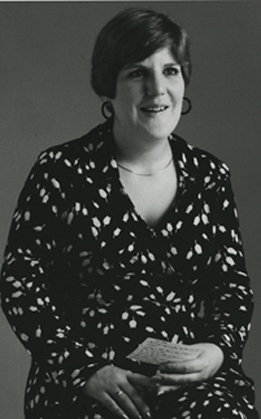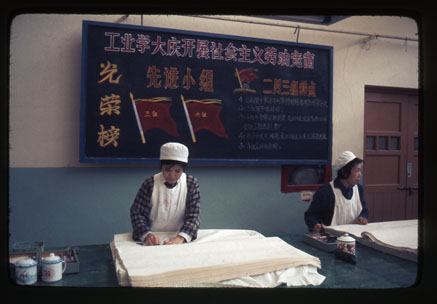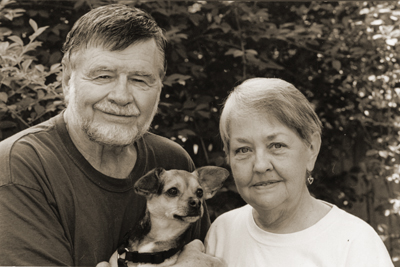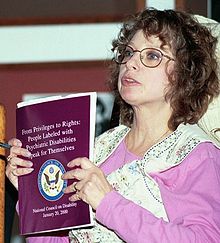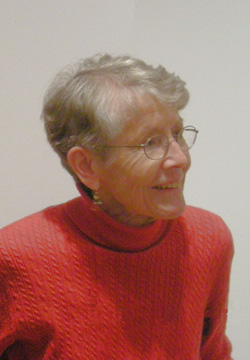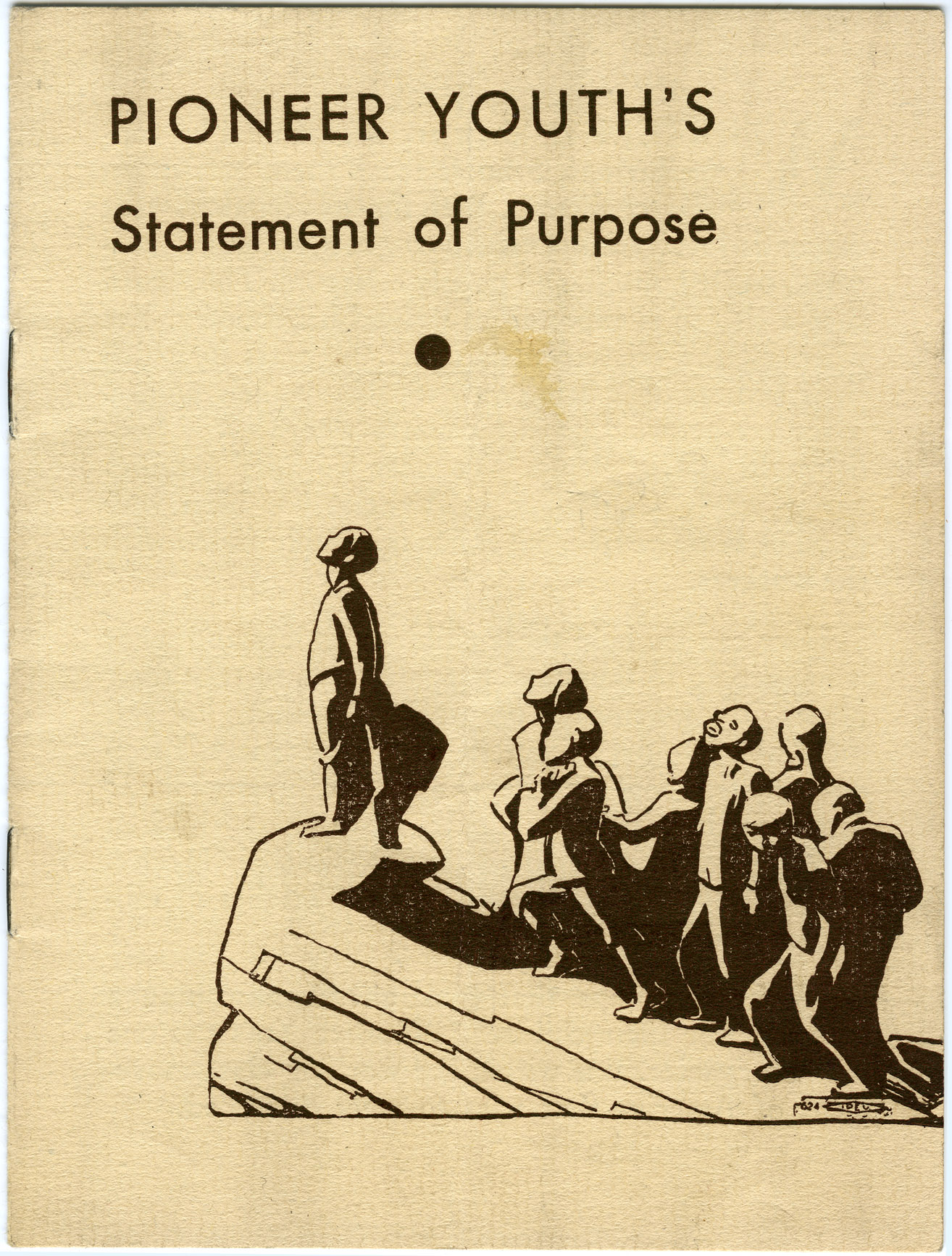Carlos Vega Collection

An Ecuadorian-born community activist, Carlos Vega moved to Holyoke, Massachusetts, with his family in 1955. Settling in the working-class “Flats” neighborhood at a time when many of Holyoke’s factories were relocating to the southern United States or Asia, the Vegas were one of the few Spanish-speaking families in the city, but when Carlos began to work on a local tobacco farm at the age of 14, he encountered the new influx of migrants from Puerto Rico who had been lured to the Connecticut Valley as agricultural laborers by the Department of Labor. With the Puerto Rican economy declining in the 1960s, many of these farm workers settled permanently in Springfield and Holyoke, but they soon discovered that the declining economy there combined with racism and urban decay blocked their hopes for upward mobility. Radicalized by the anti-colonial, anti-war, and Civil Rights movements of the late 1960s, Vega emerged as an important community organizer in the 1970s, working with Fair Share, New Unity, Urban Ministry, and other progressive organizations. With a backdrop of riots, arson, and racial tension, these organizations focused on issues relevant to the Puerto Rican community, particularly voter education and registration, fair housing, and education. In 1982, Vega helped found Nueva Esperanza, a non-profit community development organization whose mission was to restore and maintain blighted buildings in South Holyoke. He worked with Nueva Esperanza for over 30 years, continuing until 2010 after a brain cancer diagnosis in 1995. He survived until April 2012.
The materials in this collection reflect Vega’s interests in left wing movements in Central America, the Caribbean, Asia, South America and Africa from the 1960s through 1980s and include leaflets, pamphlets, books, and newsletters. The approximately 300 items offer sometimes scarce documentation of internationalist liberation movements such as the PAIGC in Guinea Bissau and Cape Verde, the Tupamaros in Uruguay, and the EFLNA in Eritrea. Of particular note is a small collection documenting Vega’s participation in the 1974 Venceremos Brigade and a collection of clippings, newsletters, notes, fliers, conference material, and newspapers from various groups such as New England Action Research, Friends of the Filipino People, The Latin American Student Association, and the Ethiopian Students Union of North America. Some printed materials are cataloged and housed with the rare books collection.


